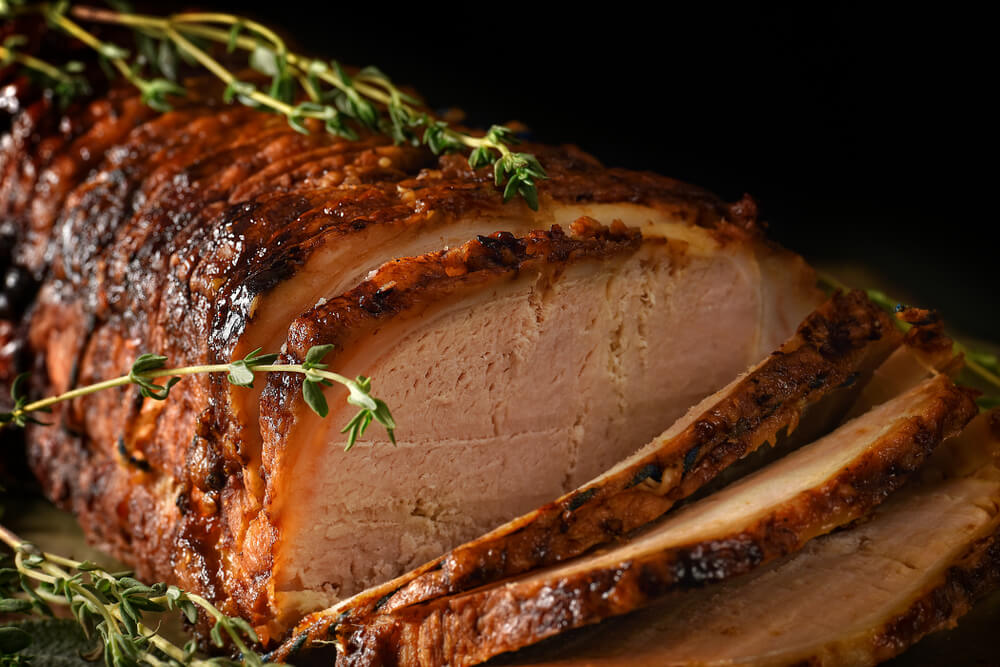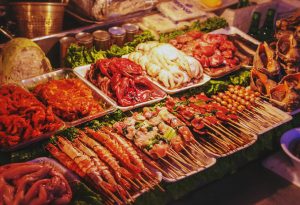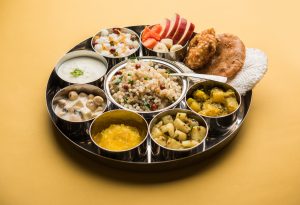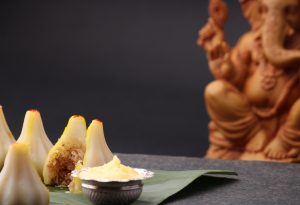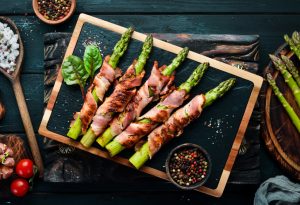It’s Sunday lunch and your family is coming over, but you don’t know how to set up a perfect roast! You’ve come to the right place. We at Nature’s Basket have brought you some tips and tricks to set up the perfect roast and impress your family! Unleash the non-cook within yourself and get set cooking!
1. Don’t be overambitious
To ensure everything goes as well as possible, it’s a good idea to plan the menu so you aren’t overwhelmed. Don’t feel like you need to compete with anyone and make 10 different sides – a joint of meat, two kinds of veg, some roasties are plenty.
2. Well-read
This seems like a no-brainer, but especially if you’re making something new, read all the recipes through in advance, and check there are no hidden surprises that will throw off your timings. There’s nothing like realizing you actually had to cook something for a longer/shorter time to throw your plans off!
3. Make plans
It’s no secret that the most difficult thing about a roast is getting everything on the table – hot! – at the same time. The best way to do this is to make a time plan. Decide when you aim to serve the food, then look at the complete cook times (and resting times) of the recipes and work backwards from there. Make sure to account for prep time and ovens preheating too. It doesn’t have to be complicated – just jot the start and end cooking times in chronological order on a bit of paper and you’re done.
4. How long?
For most meat joints, the easiest roasting guide to follow is turning the 200°C (180°C fan) mark 6 and cook the meat for:
- Lamb (medium) – 25minper 450g (1lb)
- Pork – 35min per 450g(1lb)
- Chicken – 30min per450g (1lb)
5. Slow-roasts are AMAZING
Nervous about over or undercooking the meat? Well, you can’t with a slow-roast, making them the perfect choice for Sunday roast newbies! It helps to cook the meat perfectly without a doubt and is extremely delicious as well.
6. Buy a meat thermometer
If you want to get your meat cooked to perfection, remove the guesswork and invest in a thermometer. Make sure to push it into the centre of the joint to get the reading. For beef and lamb, rare is about 50°C, the medium is about 60°C and well done is about 70°C (bear in mind these temperatures will go up as the meat rests and continues to cook in its residual heat). Chicken should be cooked to 75°C and pork around 65-70°C.
7. Advance prep
To really get ahead of the game, you can peel your veg the day before, wrap in damp kitchen paper and store in the fridge. You can even peel and parboil your roasties a day ahead, then drain, cool, cover and chill until needed too.
8. Perfect Yorkies
For the lump-free batter, one of the easiest hacks you can make to any Yorkshire pudding recipe is to put the eggs in the bowl first, then gradually whisk in the flour, along with some of the milk you’ve measured out, to make a thick paste, then continue with the recipe.
9. All gravy
It’s fairly standard to make gravy in the roasting tin that the meat has cooked in, whilst the joint rests. Sometimes though, the pan juices are burnt, or aren’t plentiful, or, gasp, someone ‘helpfully’ washes the tin up whilst you aren’t looking!
Now, that you know how to make a perfect roast head on to Traditional Christmas Recipes From Around The World!

